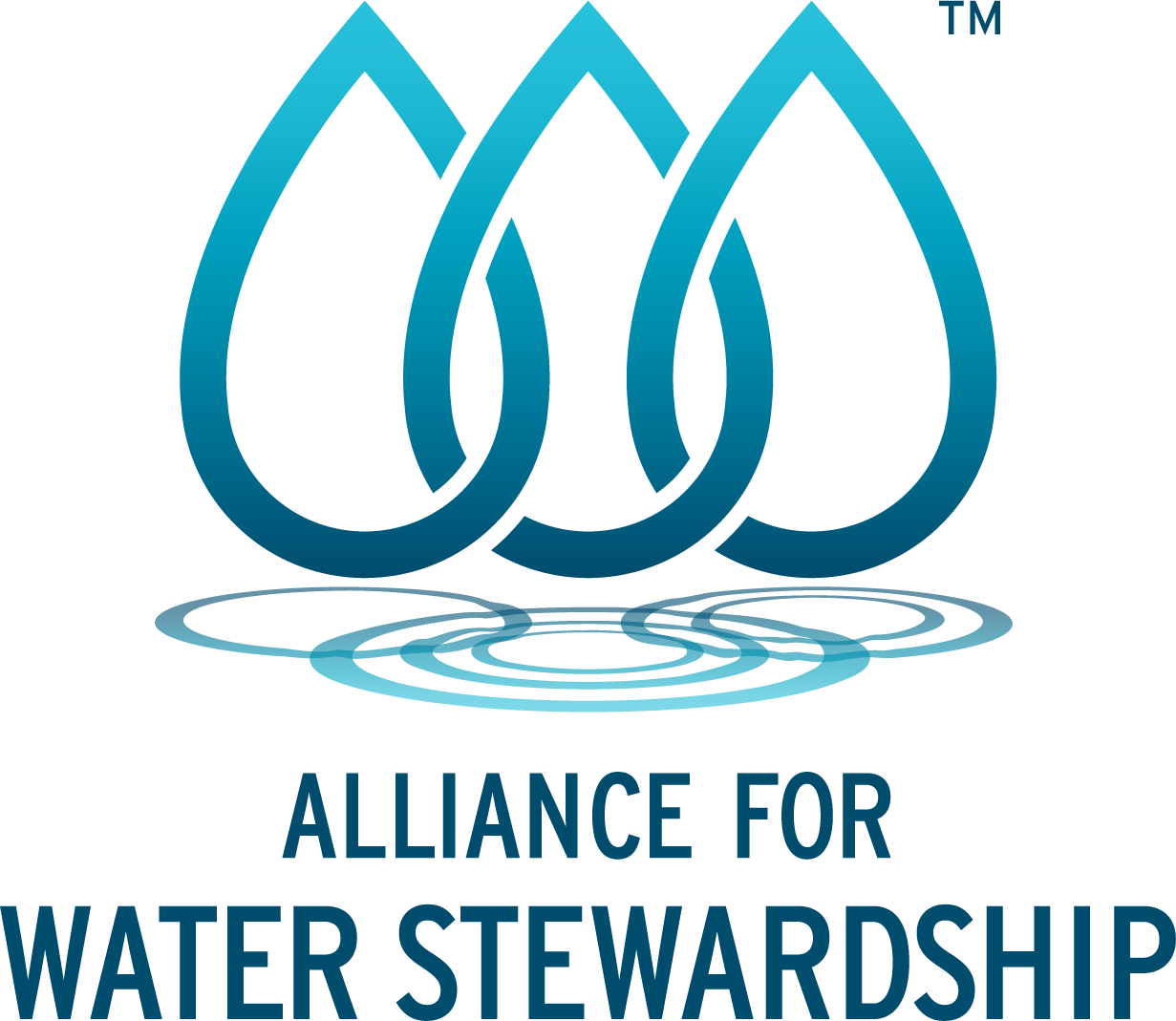We spoke with Badra Kamaladasa, Alliance for Water Stewardship (AWS) Technical Committee Member, about her work in water resource development, conservation and management, and what International Women’s Day means to her.
I’m a civil engineer who joined the Irrigation Department of Sri Lanka in 1979 as an irrigation engineer. I retired as the Director General of Irrigation in 2015 and then worked as a consultant in the Ministry of Irrigation for four years. I’m now a consultant in the water resources sector, where I work on drafting policies, conducting environmental impact assessments, researching and investigating, preparing technical guidelines, and developing technical specifications for different civil engineering and water resources organizations. I’m currently working on a number of projects including reservoir feasibility studies, environmental impact assessments of trans-basin diversion projects and dam safety projects. Additionally, I’m the Chairperson of the Water Forum of Institution of Engineers Sri Lanka. I’m also actively involved in various professional and non-governmental organizations on a voluntary basis, including the AWS Technical Committee.
After completing my civil engineering degree, I had various options available to me, such as working in water supply, irrigation, building construction, road development, and more. However, I noticed that those who work in the water sector have the opportunity to make a significant impact on communities by improving sanitation, fulfilling drinking water needs and providing livelihoods through water resources development projects. I also recognized that in addition to providing these sectoral services, joining the water sector would enable me to contribute to the conservation of the environment and regional development. As a result, I decided to join the Irrigation Department in Sri Lanka, which was the largest institution in the water sector.
A day in my job is always full of excitement. I’ve turned some of my professional responsibilities into hobbies, which I find enjoyable. When I go to the office or go on inspections, I spend a few hours in the early morning taking care of my home responsibilities before devoting my full attention to work. When I work from home, I find time for exercise, cooking, gardening, and other household tasks and social activities during breaks. So, from early morning until late at night, I’m engaged in several activities simultaneously.
Water stewardship has brought a new dimension to my world of water. Having worked with various international organizations dealing with water, I noticed that many of them still cling to the traditional Integrated Water Resources Management (IWRM) principles. However, water stewardship offers a practical approach to achieving IWRM goals on a global scale.
I must admit that I am still an amateur in the AWS team, having joined in December 2022. During the first two months I got the opportunity of joining the AWS Standards System Training, which was a steep learning curve. While engaging through the activities I will be able to understand how the current system works and what practical issues need to be resolved.
I found the AWS team to be very welcoming and professional in their approach, which made it easy for me to become a member even though we’ve only met virtually so far. I appreciate that the AWS Standard is designed in a straightforward way that any water organization can follow to become a good water steward. They have successfully simplified a complex water management system into a user-friendly process. I’m also particularly impressed by the strategies that AWS has developed to engage with water users and managers at the grassroots level.
One of the most fulfilling tasks in my career has been the intervention I made in institutionalizing dam safety practices in the Irrigation Department of Sri Lanka. I introduced sustainable practices, conducted training to raise awareness among officers and secured funding for a comprehensive dam safety program.
International Women’s Day provides both men and women with the opportunity to reflect on their roles and responsibilities in society and acknowledge the many burdens that women carry while balancing multiple roles. It is also an opportunity for women to share their experiences and emotions, to examine our past and current gender paradigms, and to question their validity, as well as to build new paradigms.
In my previous role in government, the system itself embraced equity for career development. My husband and extended family members also supported me in fulfilling my tasks without requiring me to postpone or cancel them. I have advised decision-makers to assess the requirements of individuals based on factors like gender, age, physical and mental conditions, and fix targets accordingly. I noticed that equity practices like flexible office hours and timely resource allocation encourage everyone to work efficiently and effectively, and I have promoted and advocated for these practices.
The water stewardship space has many female leaders who should be recognized. Some examples include Eng Ms Deepika Thrimahawithana, Director General of Irrigation; Eng Ms Janaki Meegastenna, former Additional Director General of Irrigation; Ms Wasantha Ilangasinghe, General Manager of National Water Supply and Drainage Board; and Ms Kusum Athukorale, Chair of South Asia Water Partnership.
The theme of ‘embrace equity’ applies not only to women but to other marginalized groups as well. While legislation prohibits discrimination and ensures equal opportunities, social and cultural norms must also change to enable citizens to live as they desire.
